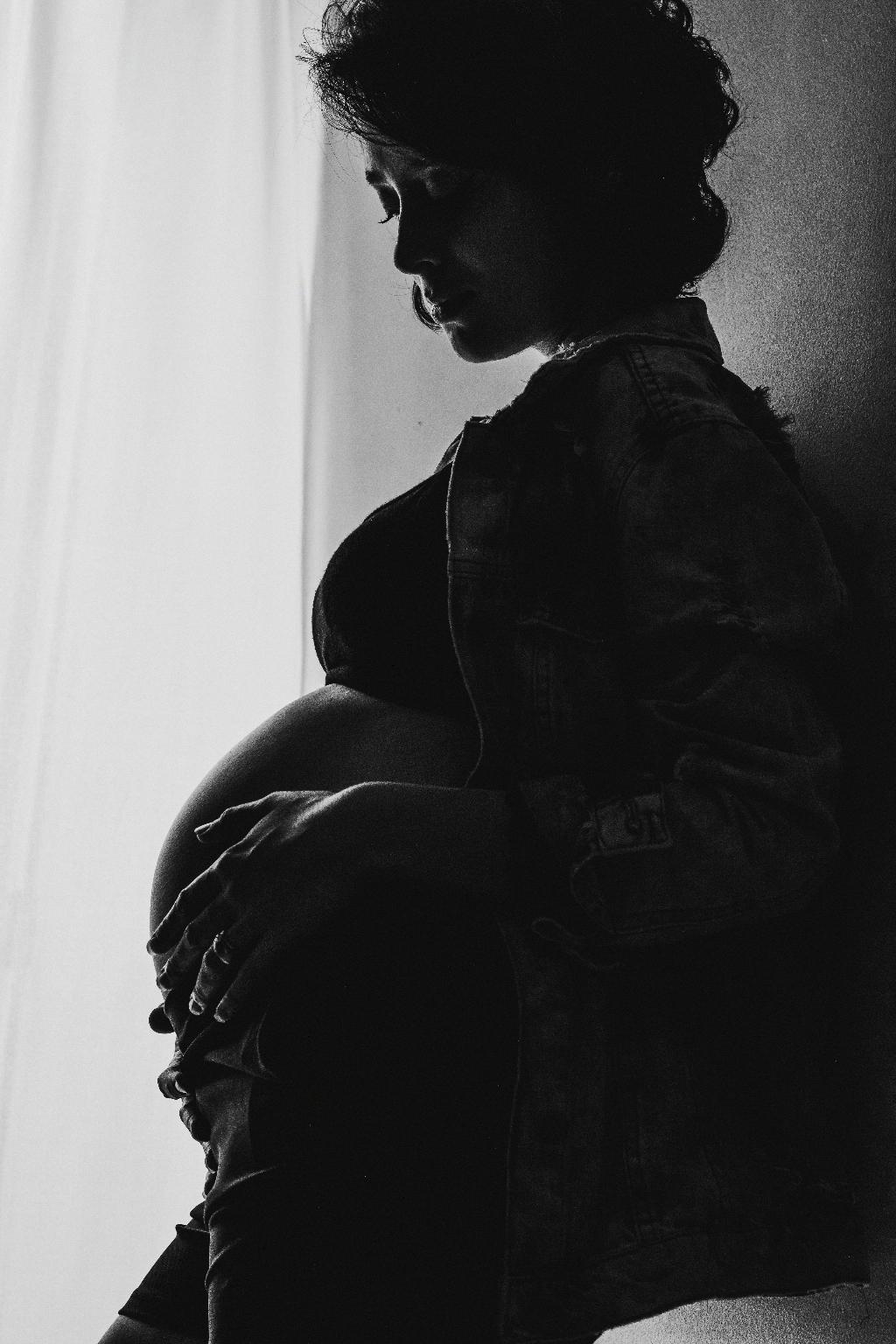After having your IUD removed, it’s natural to have questions about when you should consider taking a pregnancy test. The timing can vary depending on individual circumstances, but there are some general guidelines to keep in mind.
If you’ve had your IUD removed and are sexually active, it’s important to be aware that fertility can return immediately after removal. This means that you could potentially become pregnant soon after having your IUD taken out.
One key factor to consider is your normal cycle and when you might be ovulating. If you had unprotected sex during your fertile period following IUD removal, it’s advisable to take a pregnancy test if your period is late. This is usually around two weeks after ovulation, but can vary from person to person.
Remember that the timing of ovulation and conception can be different for each individual, so it’s important to monitor your cycle and be aware of any changes in your body. If you suspect you may be pregnant or are experiencing symptoms such as nausea, fatigue, or breast tenderness, taking a pregnancy test can provide clarity.
It’s worth noting that some women may experience irregular cycles or changes in their menstrual patterns after IUD removal. This can make it more challenging to predict the ideal time to take a pregnancy test. In such cases, it may be wise to consult with a healthcare provider for guidance.
Additionally, the type of IUD you had (hormonal or copper) can impact how quickly your fertility returns. Hormonal IUDs may take a bit longer for your cycle to regulate after removal, while copper IUDs generally do not affect ovulation.
When deciding when to take a pregnancy test after IUD removal, it’s essential to consider your own reproductive history, any previous complications, and your current health status. These factors can influence when conception might occur and when a pregnancy test would be most accurate.
Some women may choose to wait a few weeks after IUD removal before taking a pregnancy test, to allow time for their cycle to regulate and for any early pregnancy symptoms to appear. Others may prefer to test sooner for peace of mind.
If you have concerns about pregnancy after IUD removal, it’s always best to discuss them with a healthcare professional. They can provide personalized advice based on your specific situation and help you determine the most suitable time for taking a pregnancy test.
In conclusion, the timing for taking a pregnancy test after IUD removal can vary depending on factors such as your menstrual cycle, ovulation patterns, IUD type, and individual health history. Being aware of your body and any changes you may experience is crucial in determining when to take a pregnancy test and seeking appropriate medical advice if needed.

